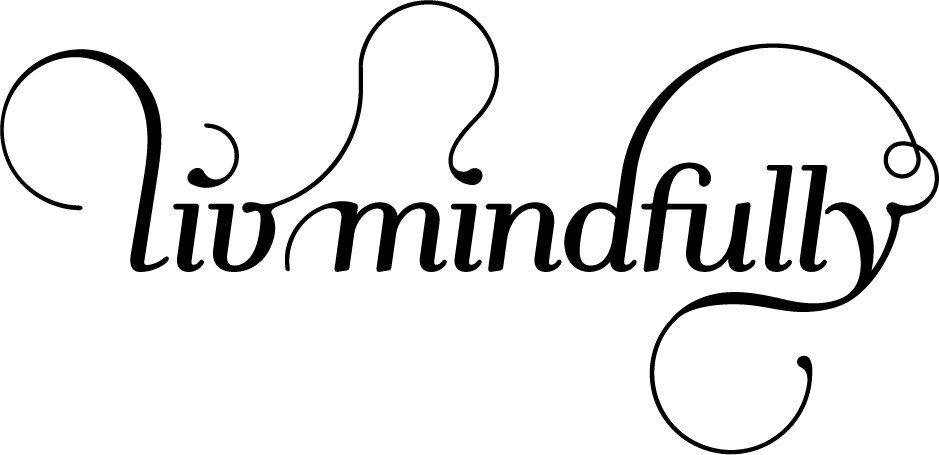A couple of weeks ago, feeling a bit overwhelmed and frustrated with the daily grind of parenting, I stepped outside for a breather (and to escape my kids for a moment TBH!).
As I wandered through the front garden, I spotted an unfamiliar vine creeping through my plants. It was weaving its way around the rose bush, curling into the mint, and starting to mingle with the young passionfruit vine. Naturally, as any amateur gardener (looking to avoid reentering the chaos inside the house) would do, I grabbed my trusty secateurs and began trimming this unruly invader. In my gardening frenzy, I energetically unwound it from the rose, snipped it from the mint, and detached it from the passionfruit vine.
As I worked, dusk began to fall, and I didn’t realize that my ability to distinguish between the weed and the passionfruit vine was quickly fading. Just as I finished my weeding task and prepared to head back inside, I spotted one more sprouting weed out of the corner of my eye. Without thinking, I leaned over and yanked it out. Only then did I realize, to my horror, that I had removed the wrong plant. In my haste, I had ripped out an entire, newly sprouting passionfruit vine!
The experience reminded me of a metaphor often used when discussing mental health – that of gardening.
The idea is that our minds are like gardens: we reap what we sow, and whatever we feed, we grow.
We can choose to uproot unhelpful thoughts and beliefs and "plant" more beneficial ones through practices like gratitude or positive affirmations.
While these practices have been incredibly powerful in my own life, and in the lives of many of my clients, I began to wonder if we may be missing an important step.
Just like I carelessly pulled out the passionfruit vine in the dark, we might sometimes be rushing to "weed" our minds without fully understanding what’s growing there. It’s crucial to first get to know the landscape of our inner world before we start removing things. To truly discern which thoughts and beliefs are helpful and which aren’t, we need to see them clearly—and ideally, with compassion. We may find that many of those "unhelpful" thoughts were once there for a reason and may have served us in the past. This realisation can build deep inner trust and authentic connection.
This is where mindfulness meditation comes in.
It’s a brilliant complement to talk therapy because it helps us observe our thoughts with awareness and kindness, allowing us to see the intricate, sometimes messy workings of our minds.
When we shine a light on our mental landscape, we can make wiser, more compassionate choices about which thoughts and emotions to nurture, which to release, and which to reframe.
So, if you think meditation is only for stressed people, think again. Meditation is for everyone. It builds self-awareness and equips us to navigate both our inner and outer worlds with greater clarity and ease. With this clarity, we can mindfully weed out what no longer serves us and nourish the thoughts and beliefs that can help us grow and heal.
And on that note, I’m off to tend to my poor passionfruit vine, still recovering from its unwarranted trauma caused in a moment of mindlessness.



